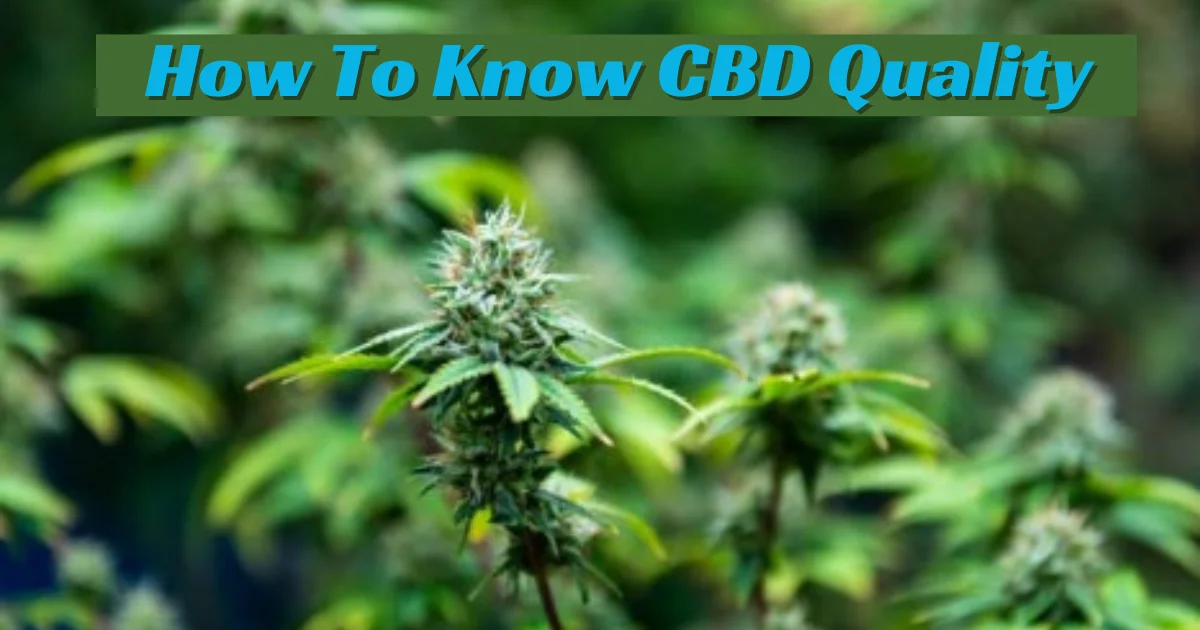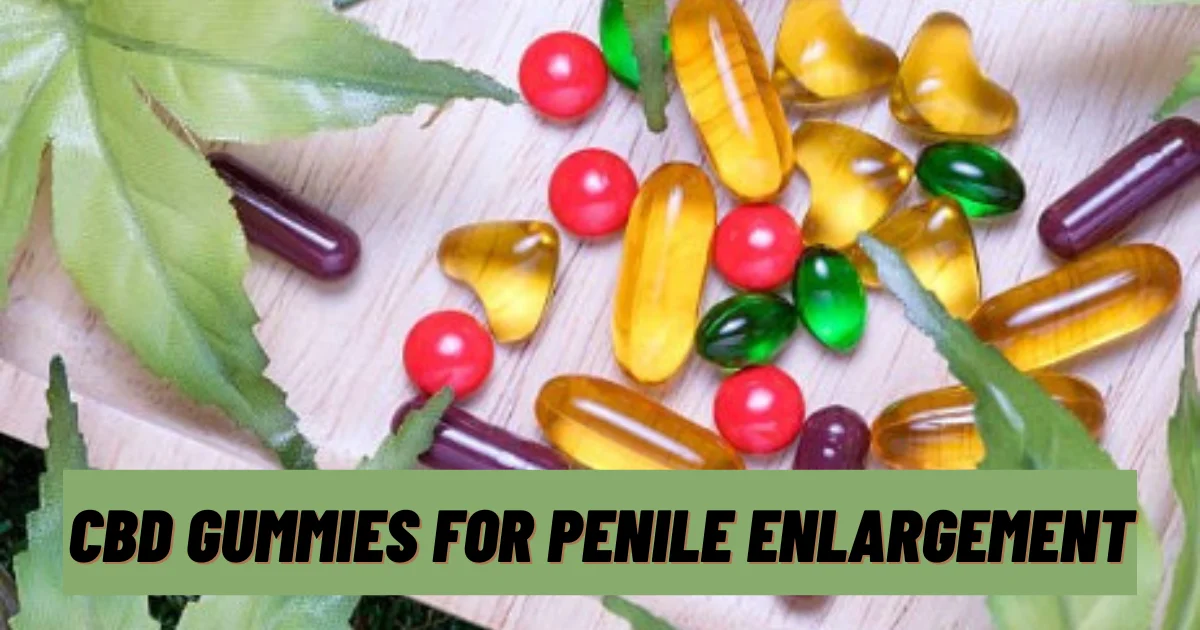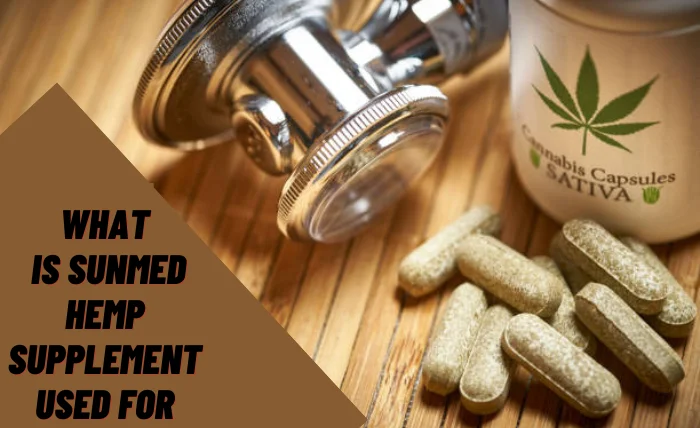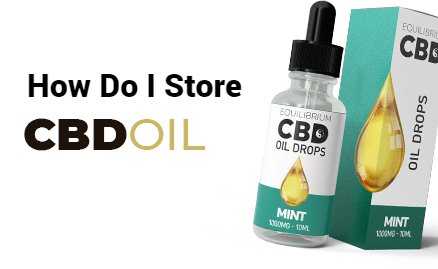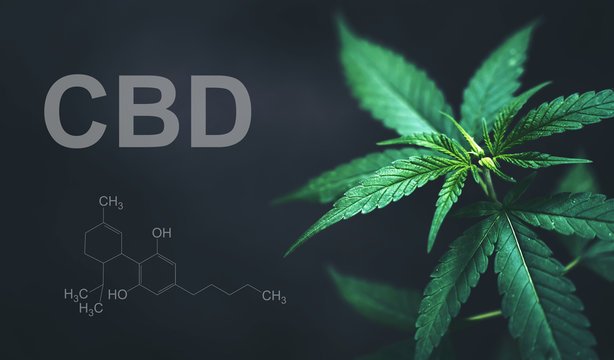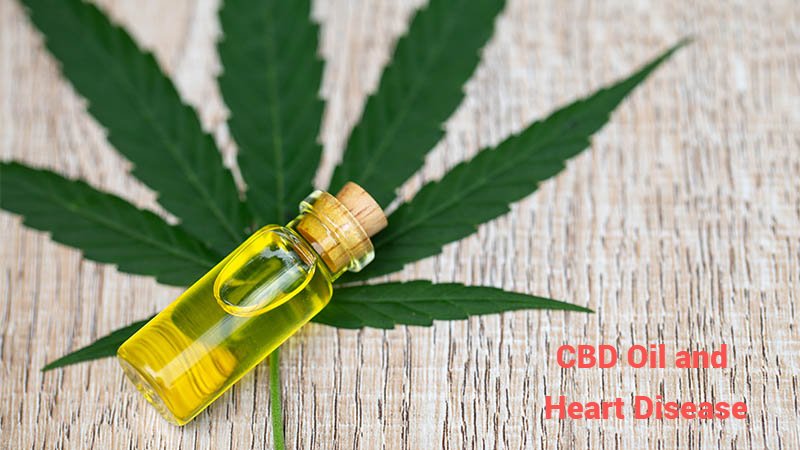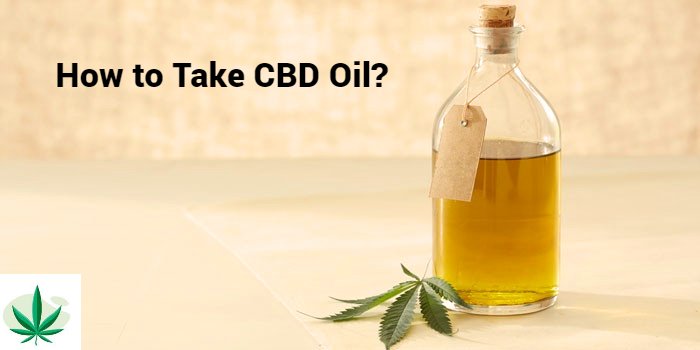The world of CBD can be like exploring a vast, uncharted territory. With its growing popularity, understanding the quality of CBD products has never been more crucial. Knowing what sets high-quality CBD apart is critical to unlocking its full potential, whether you’re a seasoned user or a curious newcomer. This guide cuts through the noise, offering clear, credible insights on discerning top-notch CBD.
To confusion and hello to confidence as we dive into the essentials of CBD quality. Get ready to become an informed, savvy shopper in the ever-evolving landscape of CBD.
CBD: Basics and Terminology
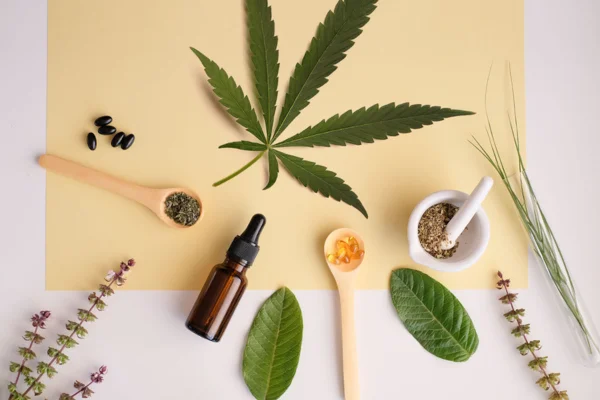
CBD has emerged as a prominent player in the dynamic health and wellness world. However, understanding its quality is crucial for practical use. Let’s break down the basics and terminology to help you become a discerning consumer.
Explanation of CBD and its sources: Hemp vs. Marijuana
CBD, or cannabidiol, is a compound found in cannabis plants. There are two primary sources: hemp and marijuana. Hemp-derived CBD contains minimal THC (less than 0.3%) and is legal in many regions. In contrast, marijuana-derived CBD can have higher THC levels and is subject to different legal regulations. Knowing the source is vital for understanding the product’s legality and potential psychoactive effects.
Vital differences between CBD and THC
CBD and THC are both cannabinoids but have different effects on the body. THC, or tetrahydrocannabinol, is known for its psychoactive properties – it’s what gives the ‘high’ in marijuana. CBD, on the other hand, is non-psychoactive and is often lauded for its potential therapeutic benefits without the intoxicating effects. Understanding this difference is crucial for choosing a product that aligns with your needs and legal constraints.
Types of CBD products: Full-spectrum, Broad-spectrum, and Isolate
CBD products come in various forms, each offering unique benefits:
- Full-spectrum CBD includes all cannabinoids, terpenes, and other compounds found in the plant, including trace amounts of THC. It’s believed to offer an “entourage effect” where compounds work synergistically for a more significant effect.
- Broad-spectrum CBD contains a range of cannabinoids and terpenes but typically excludes THC. It’s ideal for those who want the benefits of the entourage effect without THC.
- CBD Isolate is the purest form, containing only CBD and no other cannabis plant compounds. It’s the best option for those who want to avoid THC entirely.
How to Know CBD Quality Before Purchase
CBD quality before buying is crucial. Here’s how to ensure you’re getting a good product.
Reading and Interpreting CBD Labels
Check the label for CBD and THC levels. High-quality CBD products clearly state their CBD concentration, often in milligrams. THC levels are also significant, especially if you want to avoid psychoactive effects. The ingredient list should be clear and concise. It tells you what else is in the product. This helps you avoid unwanted additives.
The Significance of the Extraction Method
The extraction method affects quality. CO2 extraction is widely regarded as superior. It uses pressurized carbon dioxide to pull CBD from the plant. This method keeps the compound pure and potent. Solvent-based extraction, using chemicals like ethanol, can leave a residue. It might affect the product’s purity.
The Role of Third-Party Lab Testing
Look for a Certificate of Analysis (COA). This document comes from third-party labs. It confirms the product’s contents. A COA shows the levels of CBD THC and checks for contaminants. Learn to read these results. They assure you you’re getting what the label claims.
Shopping for Quality CBD
Finding quality CBD involves knowing where to shop and what to look for. Here are some strategies to guide you.
Where to Buy Quality CBD Products
You can buy CBD online or in physical stores. Online stores offer a wide range, often at better prices. You can also read reviews and research easily. However, you can’t see the product before buying. Physical stores offer the chance to see and smell the product. But they might have a limited range. Both options have pros and cons.
Red Flags in CBD Marketing
Be wary of bold claims. If a product says it cures everything, be skeptical. Quality CBD products don’t need to make such claims. Avoid products with vague labels. They should clearly state CBD content and ingredients. Watch out for products without third-party testing. This testing is crucial for quality assurance.
Tips for First-Time Buyers
Start with small doses. See how your body reacts. You can always increase the amount later. Keep track of the effects. Note any changes in your symptoms or side effects. This helps you find the correct dose for you. Remember, what works for others might not work for you.
The Future of CBD Quality Standards
The CBD industry is evolving rapidly. Understanding future trends in quality standards is critical to informed choices.
Ongoing Research and Potential Regulatory Changes
Research into CBD is ongoing. It’s uncovering new benefits and risks. This research will shape future regulations. Expect more detailed guidelines on CBD use and quality. These changes aim to protect consumers. They will also ensure product consistency. Stay informed about these developments. They will impact the quality of CBD products.
The Evolving Landscape of CBD Quality and Testing
Testing standards for CBD are becoming stricter. This ensures products are safe and effective. In the future, expect more advanced testing methods. These will check for purity and potency more accurately. The industry is moving towards more transparency. This means better product labels and more consumer trust. Keep an eye on these changes. They will guide you to higher-quality CBD.
Conclusion
How to know CBD quality is essential in today’s market. As we’ve explored, being informed is vital, from the basics of CBD and THC to the nuances of product types, extraction methods, and lab testing. With ongoing research and evolving standards, staying updated on CBD quality will ensure you make the best choices for your health and wellness needs.
